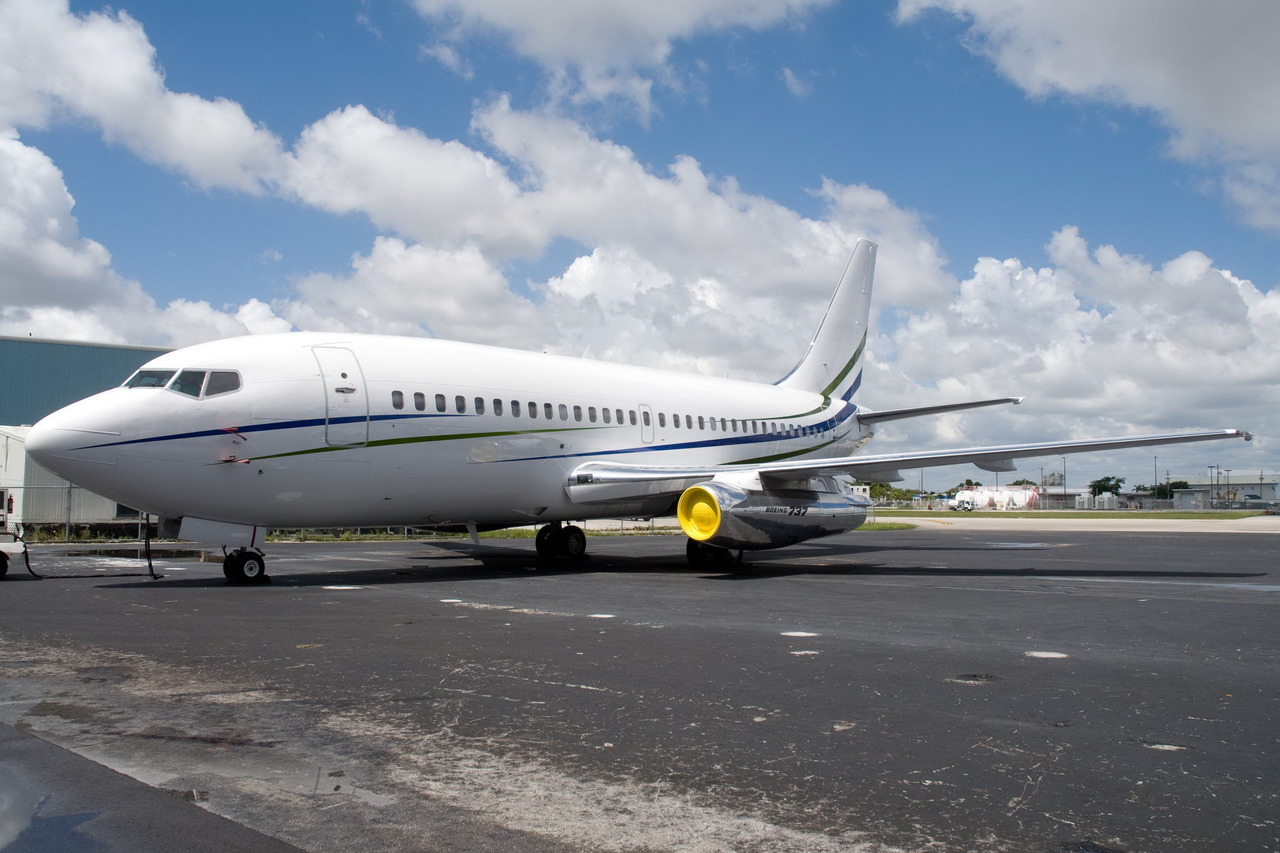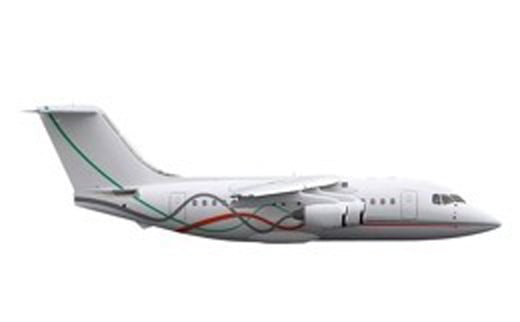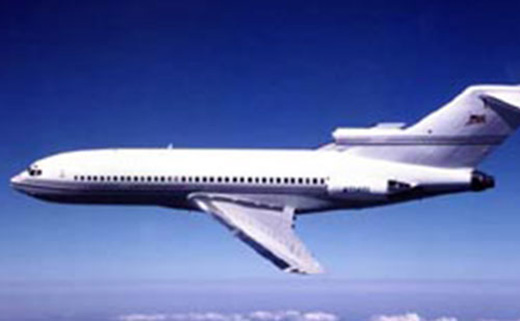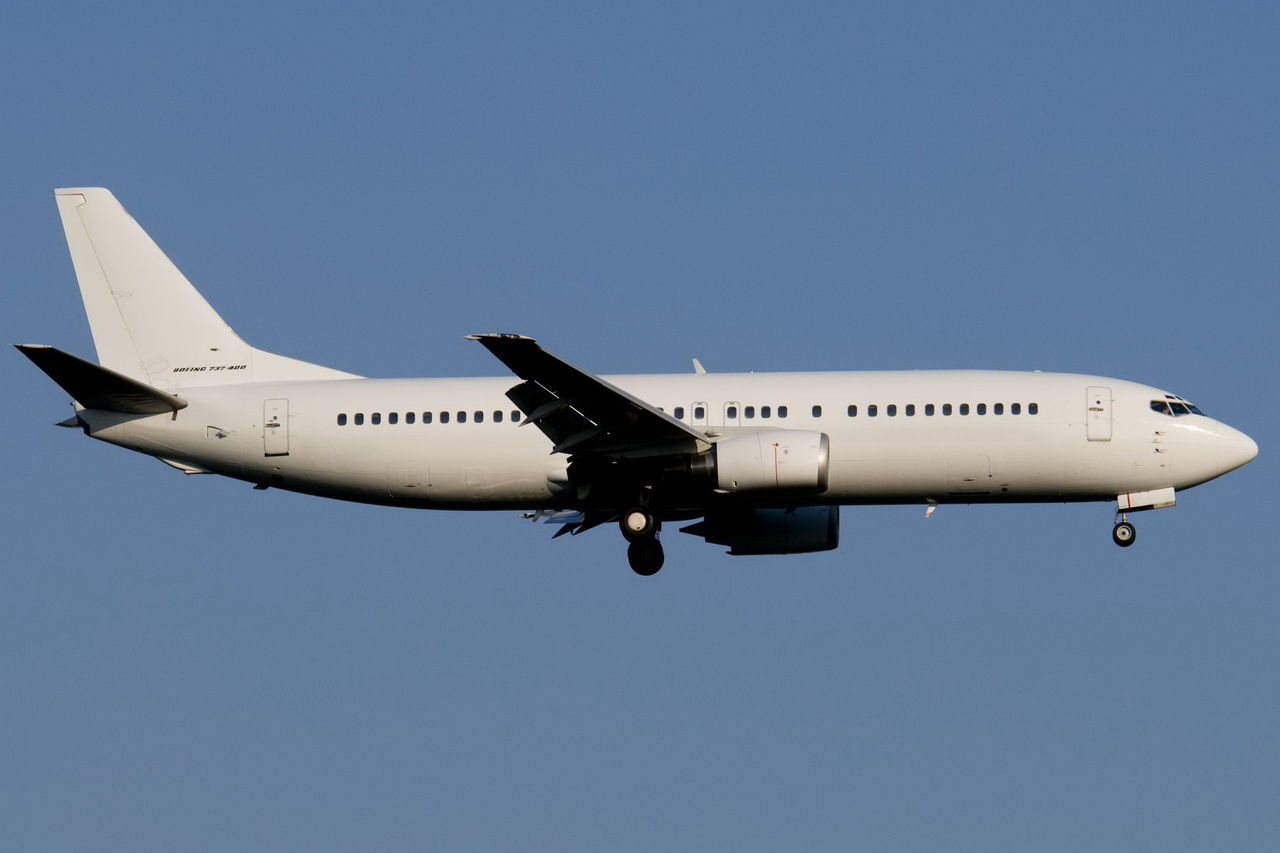Boeing 737-200 Private Jet Charter
The Boeing 737-200, along with its predecessor, the 737-100, make up the first generation production models of the world's most successful jet airliner family, the Boeing's 737 twinjet. With necessary runway requirements at just over 6000 feet, the 737-200 is able to access a great number of additional airports in comparison to its competition in the class.
-
Aircraft category
Short and Medium Range
-
Typical Seating
124
-
Price per hour
18,300
-
Nautical miles
2060

Boeing 737-200 Private Charter Flights and Prices
The Boeing 737-200, along with its predecessor, the 737-100, make up the first generation production models of the world's most successful jet airliner family, the Boeing's 737 twinjet. With necessary runway requirements at just over 6000 feet, the 737-200 is able to access a great number of additional airports in comparison to its competition in the class.


The average hourly rental rate of the Boeing 737-200 is around 18,300 USD per hour.
Aircraft Size
| Aircraft size | English | Metric |
|---|---|---|
| Length | 100.16 ft | 30.54 m |
| Wing Span | 93.02 ft | 28.36 m |
| Height | 36.84 ft | 11.22 m |
| Bag. Capacity | 350 ft³ | 9.9 m³ |
Cabin Size
| Cabin size | English | Metric |
|---|---|---|
| Length | 69 ft | 21.04 m |
| Width | 12.1 ft | 3.7 m |
| Height | 7.18 ft | 2.2 m |
| Area | 6001.72 ft³ | 169.94 m³ |
Aircraft Seats
| Layout | Seats |
|---|---|
| Max Seating | 136 |
| Typical Seating | 124 |
| Pilots | 2 |
Average Prices
| Costs | USD | EUR |
|---|---|---|
| Purchase New | - | - |
| Purchase Used | - | - |
| Hourly rate | 18,300 USD/hour | 18,300 EUR/hour |
Performance Specifications
| Performance | English | Metric |
|---|---|---|
| IFR Range | 2060 nm | 3815 km |
| Cruise Speed | 501 KTAS | 927 km/h |
| Certified Ceiling | 37000 ft | 11278 m |
| Rate of Climb | 3760 ft/m | 1146 m/m |
| Takeoff Distance | 6200 ft | 1890 m |
| Landing Distance | 4700 ft | 1433 m |
| Max Takeoff Weight | 115500 lbs | 52390 kg |
| Max Landing Weight | 103000 lbs | 46720 kg |
| Useful Weight | - | - |
| Payload with Full Fuel | 34613 lbs | 15700 kg |
More about the Boeing 737-200
With an increase in the demand for commercial aviation travel, the Boeing Company decided to engineer and produce a larger jet to allow for more passengers. The Boeing 737-200 is one of the first installments in the Boeing 737 Original twinjet family, which quickly became one of the most successful jet airliner series developed. The Boeing 737-200 shares the extended body dimensions of the original 737 with a slight increase in fuselage length. The Boeing 737-200 showcases an improved range, improved aerodynamics, upgraded engines, and increased fuel capacity when compared to its predecessors. The Boeing 737-200 Executive model also features one galley and two full lavatories.
Would you like our assistance?
24/7 customer service is there for you
Key Features of the Boeing 737-200
At a maximum take-off weight of 115,500 pounds, this aircraft can accommodate a maximum of 136 passengers. The Boeing 737-200 has three main configurations: a two-class arrangement, an all-economy configuration, and an executive layout. With the two-class arrangement, this jet can ferry 97 passengers. If the all-economy configuration is utilized, the maximum number of passengers that can be accommodated is 130 at six per row or 90 at five per row, with a seat pitch of 28 inches. The Executive layout for the Boeing 737-200 can vary from one aircraft to the other; seating for the Executive model ranges from 56 to 97. However, with the executive arrangement, the interior will vary depending on your needs. No matter what seating configuration is decided on, with a cargo volume of 875 cubic feet, passengers can bring the equipment they need without having to worry about insufficient space. Thirty three windows surround the cabin, allowing a bright atmosphere.
Capabilities of the Boeing 737-200
With two Pratt and Whitney JT8D-9A turbofan engines, the Boeing 737-200 is capable of producing an impressive 14,500 pounds of thrust per engine. With external hydraulically powered target thrust reversers, the Boeing 737-200 features improved short field performance when compared to its predecessors; The Boeing 737-200 boasts a landing distance of just over 5,000 feet, allowing for many airport options for your destination. With an added feature of optional gravel runway capability, the Boeing 737-200 can land and take off on remote unimproved runways without damage to the aircraft or finishings. This added feature, if selected, will increase available runway selection even further.
The Boeing 737-200 has a maximum cruising speed of 500 knots and an economical cruising speed of 430 knots. Depending on weight and engines equipped, the 737-200 can reach a range of 2,300 nautical miles.
The analog-based ARINC 500 came equipped on the Beoing 737-200. This package includes digital flight data recorders, air transport inertial navigation system (INS), terrain awareness and warning system (TAWS), VHF communications transceiver, Heading and altitude sensors, Passenger Announcement, Entertainment, and Service Multiplex System (PAX), OMEGA Navigation System, Barometric Altitude Rate Computer (BARC), and Ground Proximity Warning Systems.




